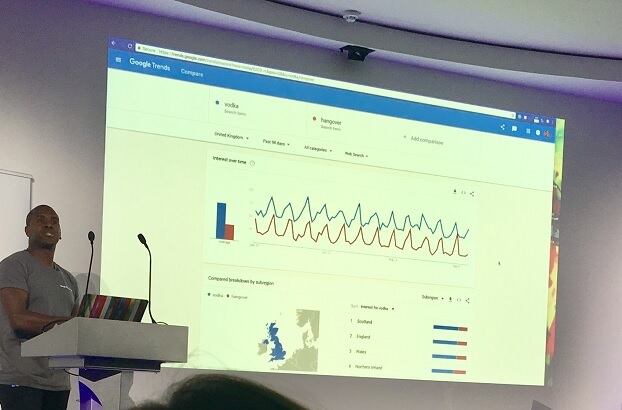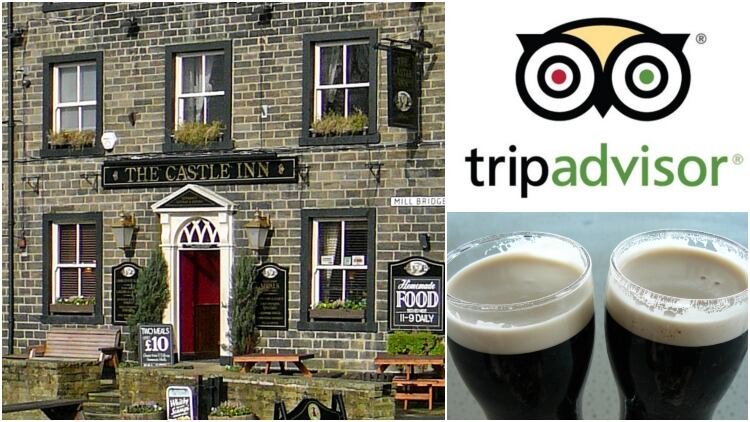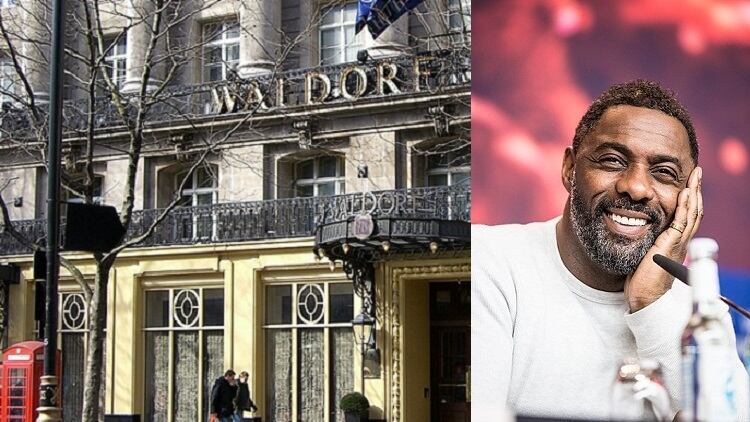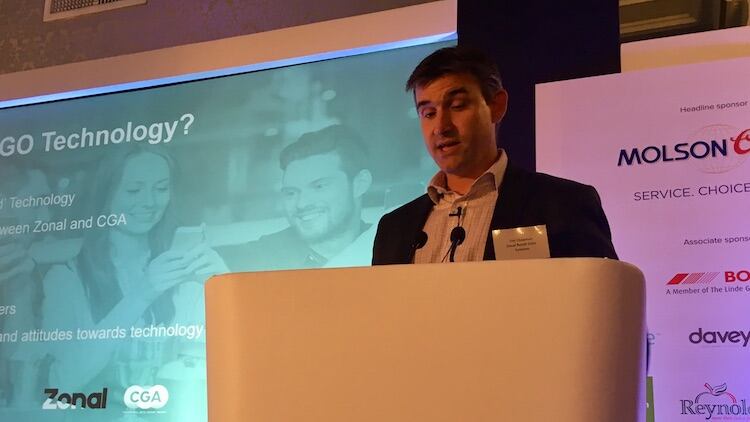The internet, that’s where trolls live, right? If JD Wetherspoon’s decision to up social sticks and close its Twitter, Facebook and Instagram accounts in April this year is anything to go by, you’d be forgiven for mistaking the world wide web for the underside of a bridge.
“Put simply, Wetherspoon didn’t rate social media. Didn’t see any benefit. Took up time for its staff. Would rather staff used that extra time to serve customers, etc. Haven’t missed it a bit. Had no adverse effect whatsoever,” says JDW spokesperson Eddie Gershon.
Nevertheless, online numbers and engagement are staggering. More than 30m people – more than half the UK population – are on Facebook, with 45% using it on a daily basis.
The Penguin in Plymouth, Devon, is one beneficiary. Its ‘dirty’ cheat (not so healthy) meals have gone down a storm with 50,000-member Facebook group ‘Plymouth Gossip Girls’ after the pub alerted members to its menu changes.
Head chef Matt Dell told Plymouth Live: “We put out a post on Gossip Girls when I first came; I said we had relaunched the food.
“That got tons of likes and shares. Then (chief bartender) Jess went on it, and we had a post published.
“The following day, our food just wouldn’t stop. Members of the group came, loads of them.
“Sometimes, there’s no business and then the restaurant will be absolutely packed.
“We always ask people how they hear about us, and more often than not it’s because of the Gossip Girls.”

Online visibility
A growing body of pub-based evidence extolling the virtues of social media convinced BT Sport to team up with Google Digital Garage to offer free digital training, covering pub social media strategy and online visibility, to operators.
While groups of the size and high street locations of JDW may not see the benefit of cultivating an online audience, it can still offer a valuable platform for creative engagement with potential pubgoers.
Google Digital Garage head of training Gori Yahaya argues: “We live in an age where we’re all digital consumers.
“We get things very quickly and very easily through our mobiles, we can find things locally. As a pub owner, you are a digital consumer and what you want to do is take advantage of these tools to help drive customers to your venue.
“It can be a bit intimidating because there’s so much change in the social media landscape, so it’s incredibly important to take the first step towards building a strategy.”
While Yahaya highlights time constraints – cited as a reason for JDW’s social shutdown – as a concern regularly raised by individual operators, the right tools can help an operator stand out and engage online efficiently.
Knowing that you’re more likely to boost Millennial footfall by taking an Instagram-centric approach rather than laborious blanket coverage across Facebook and Twitter can cut the legwork.
“Many pub owners and club owners don’t really have a true strategy for doing social media and that’s where they want to get a stepping stone, or starting point, from which they can start to set goals and measurements.
“It’s much easier than people think it is. So just having that confidence is truly important.”




